Autism Spectrum Disorder (ASD)
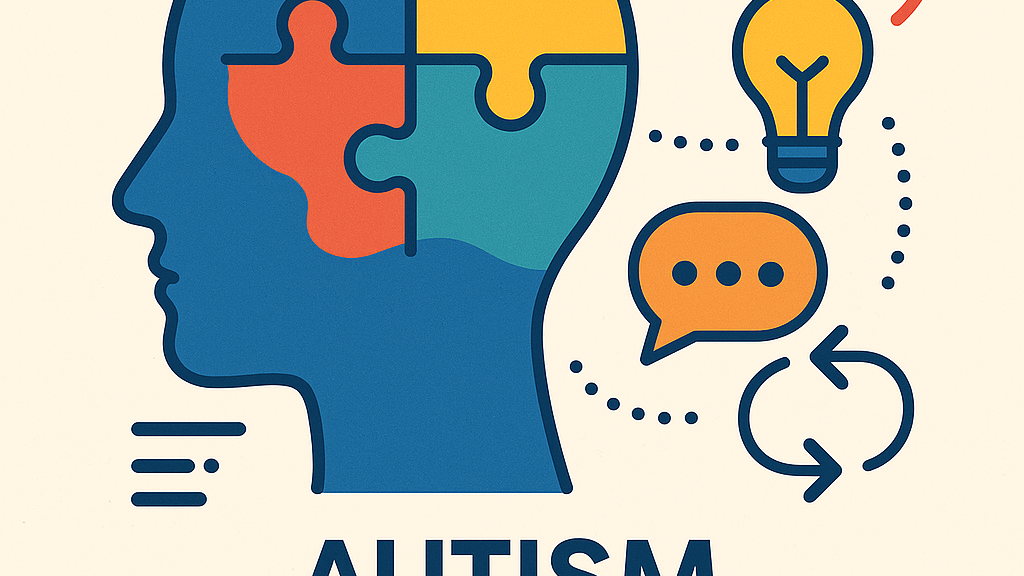
Autism Spectrum Disorder (ASD) is a neurodevelopmental condition characterized by differences in social communication, restricted interests, and repetitive behaviors. It is called a “spectrum” because it affects individuals differently, with varying levels of support needs. Key Characteristics of ASD: 1. Social Communication Challenges – Difficulty with nonverbal cues (eye contact, facial expressions, gestures). – Trouble […]
Lifestyle Modifications for Psychiatric Patients
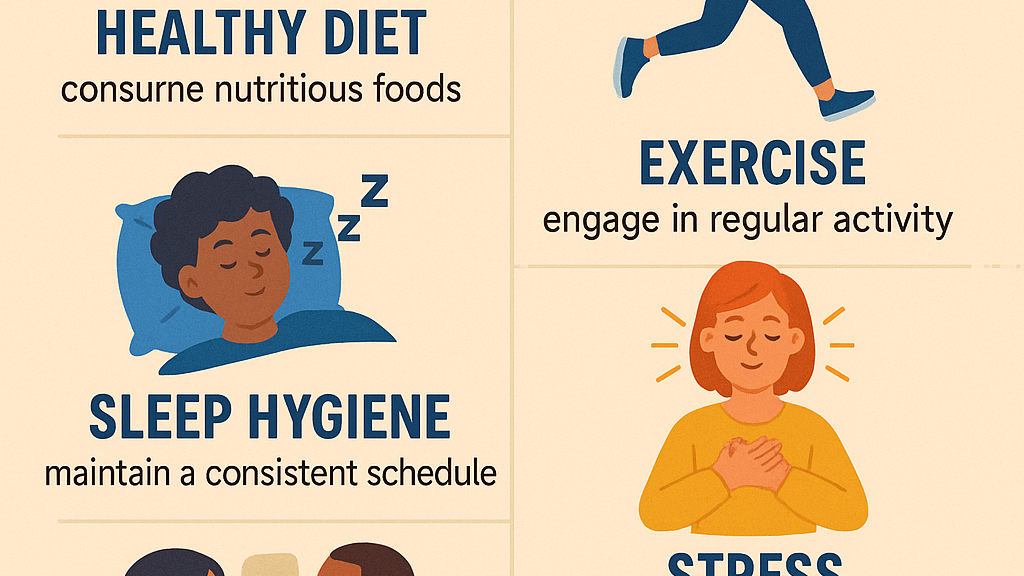
Lifestyle modifications can significantly improve the mental health and overall well-being of psychiatric patients. These changes complement medical treatments (e.g., therapy, medications) and help manage symptoms. Here are key lifestyle adjustments: 1. Sleep Hygiene – Maintain a consistent sleep schedule(same bedtime/wake time). – Avoid caffeine, nicotine, and screens before bed. – Create a dark, quiet, […]
Psychedelics in Mental Health – The resurgence of research on psilocybin, MDMA, and ketamine for depression, PTSD, and addiction.
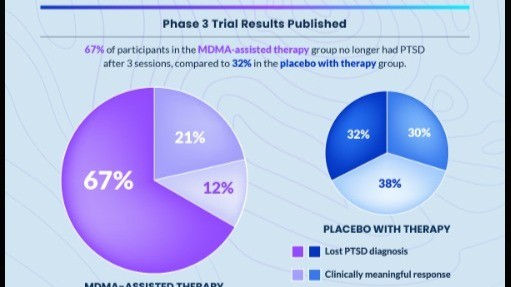
Psychedelic-assisted therapies are experiencing a significant resurgence in mental health research, particularly focusing on psilocybin, MDMA, and ketamine. These substances are being explored for their potential in treating conditions such as depression, PTSD, and addiction. Psilocybin, the active compound in “magic mushrooms,” has shown promise in alleviating symptoms of treatment-resistant depression and various addictions. Clinical […]
Disease-Modifying Therapies (DMTs) for Multiple Sclerosis (MS)-A Comprehensive Overview
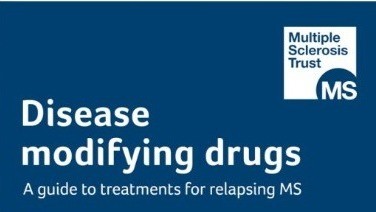
Disease-Modifying Therapies (DMTs) for Multiple Sclerosis (MS) are medications that aim to alter the course of the disease by reducing the frequency of relapses, delaying disability progression, and limiting new lesion formation on MRI. DMTs are not curative but are critical in long-term MS management. 📌 Classes of DMTs for MS 1. Interferon Beta Preparations […]
SSRI Exposure in the Womb May Rewire Brain Cirtuits
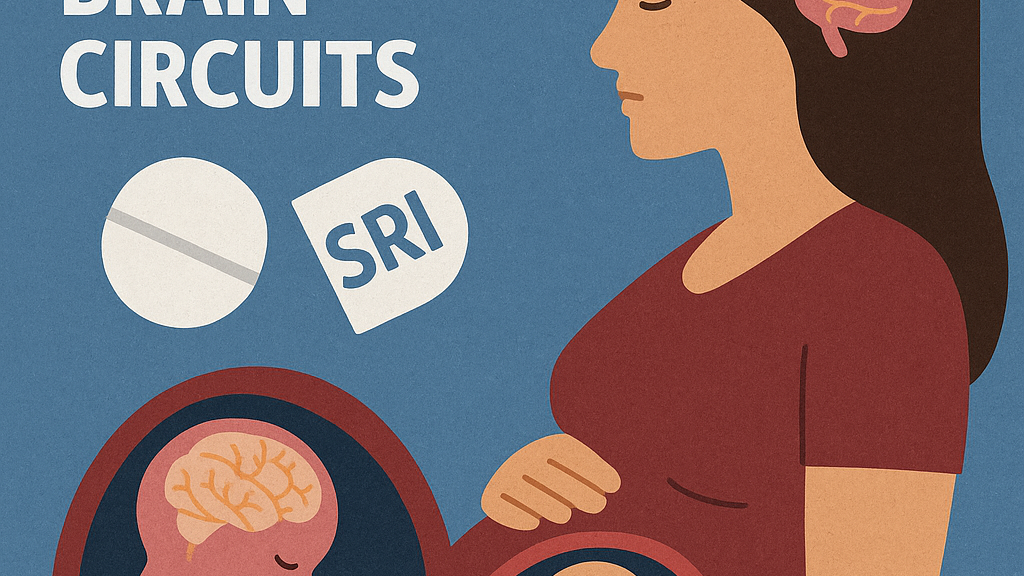
Selective serotonin reuptake inhibitors (SSRIs) are commonly prescribed antidepressants during pregnancy to manage maternal depression. However, emerging research suggests that SSRI exposure in the womb may alter fetal brain development and rewire neural circuits, potentially affecting behavior and emotional regulation later in life. Key Findings on SSRI Exposure and Fetal Brain Development: 1. Serotonin’s Role […]
Gut-Brain Axis: Role of microbiome in Parkinson’s, Depression, and Autism
The gut-brain axis—the bidirectional communication network linking the central nervous system (CNS) and the enteric nervous system (ENS)—has become a major area of research in understanding neuropsychiatric and neurodegenerative disorders. Central to this axis is the gut microbiome, which can influence brain function and behavior via immune, neural, metabolic, and endocrine pathways. Let’s explore its […]
Basic Psychiatric Guidelines for the General Public
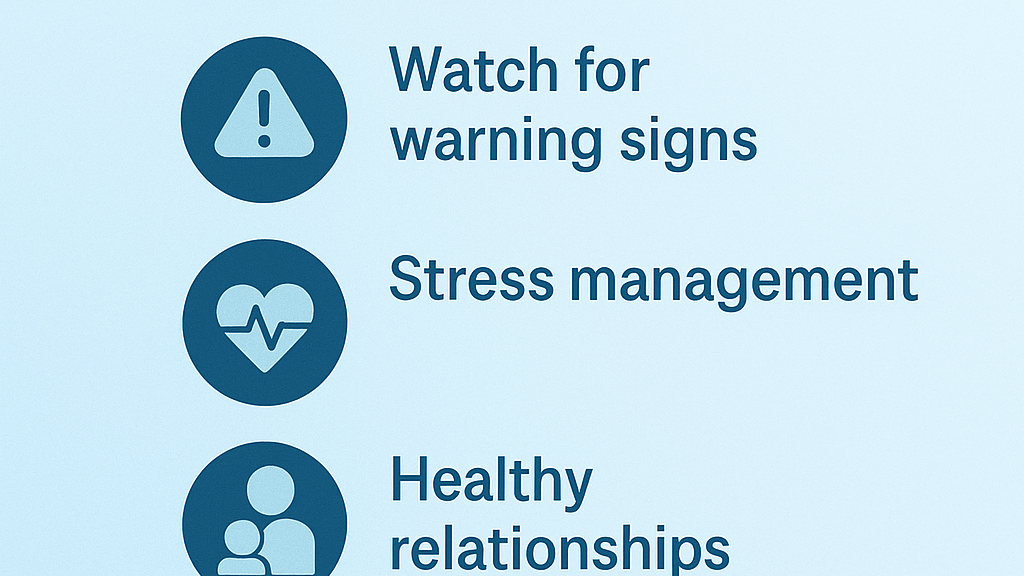
Here are simplified psychiatric guidelines for common people—practical advice based on psychiatric principles aimed at promoting mental well-being, recognizing early warning signs, and knowing when to seek professional help: Basic Psychiatric Guidelines for the General Public 1. Understand Mental Health is Part of Overall Health Mental health is as important as physical health. Anyone can […]
Botox Applications in Neurology and Psychiatry
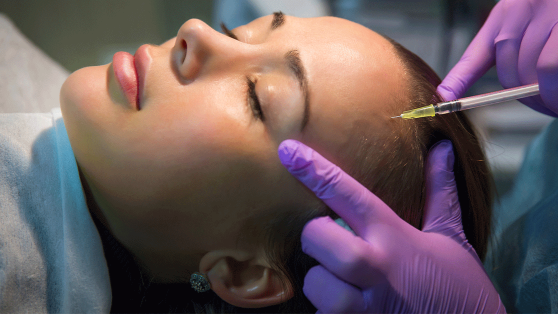
Botox (onabotulinumtoxinA) is a neurotoxin derived from Clostridium botulinum that has found widespread therapeutic use in neurology and psychiatry due to its ability to temporarily block neuromuscular transmission. Below are its key applications in these fields: Neurological Applications 1. Chronic Migraine – Approved for prophylaxis in adults with chronic migraine (≥15 headache days/month). – Administered […]
Advantages of Neurobiotics for Brain Health
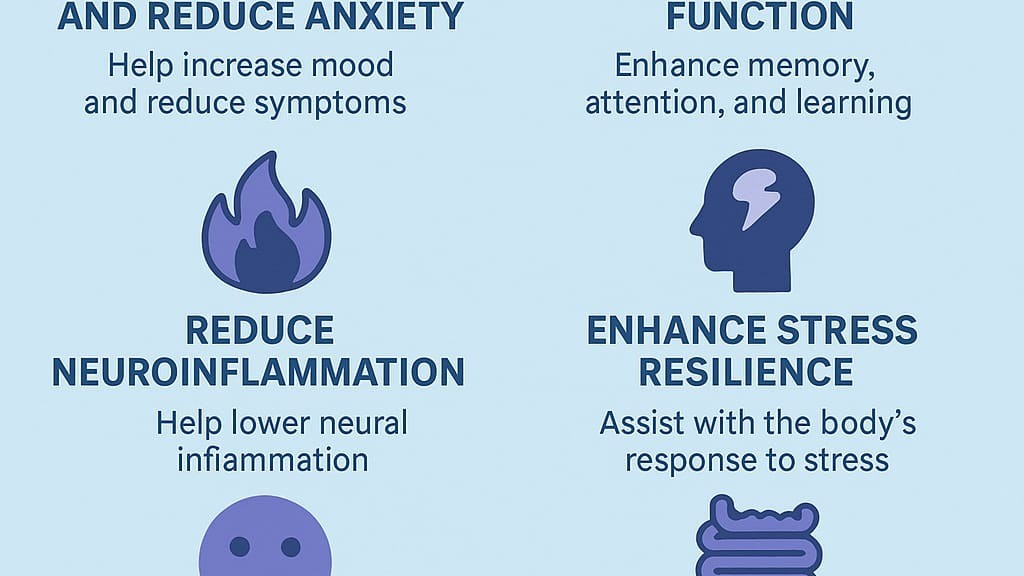
Neurobiotics, a term that may refer to probiotics or interventions targeting brain health via the gut-brain axis, offer several potential advantages, particularly in cognitive function, mental health, and overall well-being. Here are some key benefits: 1. Enhanced Cognitive Function – May improve memory, focus, and learning by supporting gut microbiome balance, which influences brain health. […]
Effectiveness of Ketamine Therapy in Treatment-Resistant Depression (TRD) / Major Depressive Disorder (MDD)
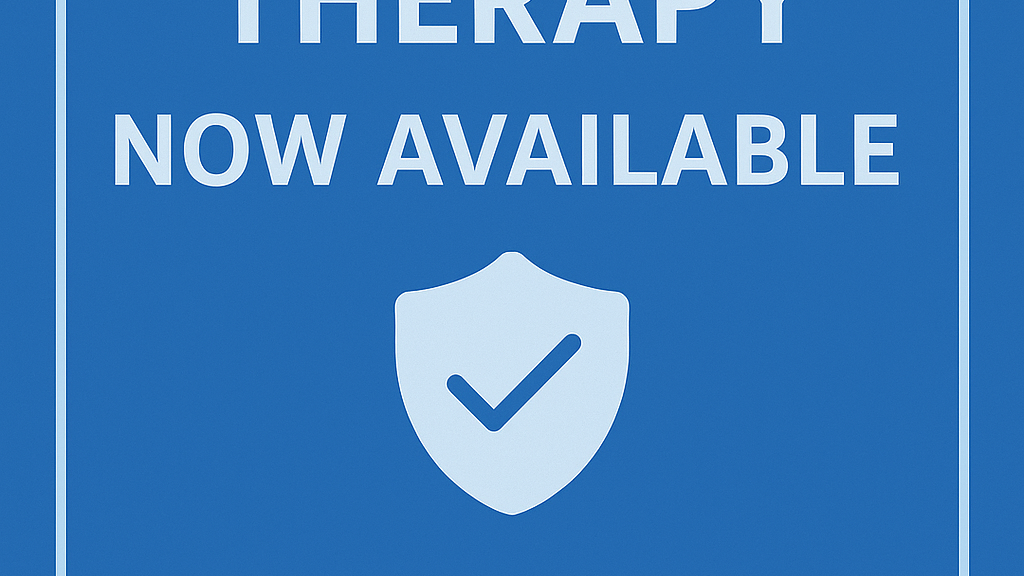
Ketamine, originally an anesthetic, has emerged as a rapid-acting antidepressant for patients with Treatment-Resistant Depression (TRD) and Major Depressive Disorder (MDD), particularly when conventional antidepressants fail. Clinical Effectiveness Aspect Findings Onset of Action Relief seen within hours; peak effect usually within 24–72 hours. Response Rate 50–70% of TRD patients show significant symptom reduction after 1–2 […]

